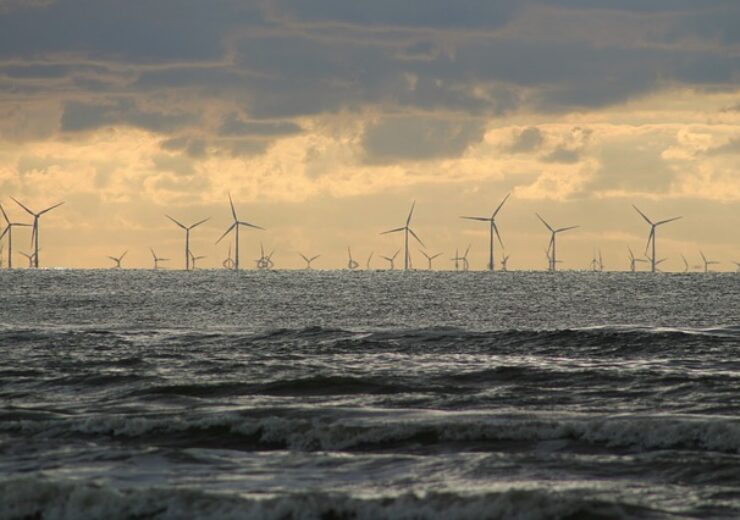Poland plans to focus on offshore wind power and commission a nuclear power plant under the new plan

Poland targets generate more than half of its installed capacity from zero-emission sources in 2040. (Credit: David Will from Pixabay)
The Polish government has approved the Poland’s energy policy until 2040 (PEP2040), which is claimed to provide a clear vision of the country’s energy transformation strategy.
The previous policy for its energy strategy was adopted 12 years ago.
According to Poland Minister of Climate and Environment Michał Kurtyka, PEP2040 will serve as a compass for entrepreneurs, local governments, and also citizens in the transformation of the country’s economy towards a low-carbon economy.
Furthermore, the new strategy will create an axis for programming funds from the European Union (EU) pertaining to the energy sector.
Besides, it is expected to help in meeting economic needs arising due to the impact of the Covid-19 pandemic on the economy, said the government.
Kurtyka said: “PEP2040 will put Poland on a path towards a low-carbon economy by implementing a fair energy transformation, developing renewable energy sources, improving energy efficiency and improving air quality.
“These issues are becoming increasingly important to citizens. PEP2040 also takes into account the needs of those professional groups and regions that, without appropriate intervention, will bear the disproportionate cost of transformation.
“This mainly concerns the coal sector and citizens at risk of energy poverty.”
The new strategy calls for using the potential of domestic economic, raw materials, technological, and human resources and for creating a leverage for developing the economy through the energy industry.
Poland targets to have more than half of its installed capacity generated from zero-emission sources in 2040. To achieve this, the government will look to implement offshore wind energy into the Polish power system and also commission a nuclear power plant with a capacity of 1-1.6GW.
By 2030, the country targets to increase the share of renewable energy in its energy mix to at least 23%. The government also aims to cut down greenhouse gas emissions by 30% by the end of this decade.
The Polish government said that transformation would also call for an increased use of renewable energy technologies for heat generation, promoting the use of alternative fuels in transport, and also by developing electromobility and hydro-mobility.
